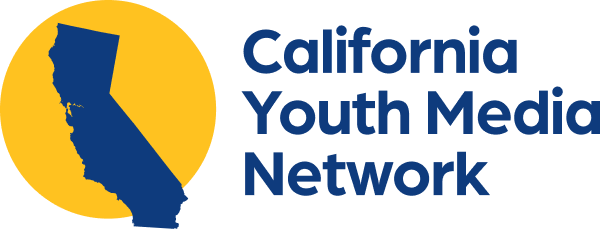New College Grads Struggle to Find Work
Twenty-three-year-old Sofia Matzaganian spends 4-5 nights a week bussing tables at a busy pizzeria in Hollywood. She recently took a second job working a reservation desk at another restaurant.
After graduating last spring from California State University Long Beach with a Bachelor of Arts in Journalism, this was not what she thought she’d be doing
Matzaganian earned about 16 dollars an hour but from bussing tables can earn up to $100 a night in tips. She lives in the Highland Park area of East Los Angeles and lives with three roommates.
“It’s the only way to survive and live on your own in Los Angeles,” she said. The 2021 graduate said she now appreciates the fact that she went to community college first, which gave her the chance to discover what she wanted to do without spending thousands of dollars and creating a huge amount of debt.
While she heard about a job market with a lot of possibilities, it hasn’t been her experience. Matzaganian said she took the restaurant job to earn some money and continues searching for jobs in her field on Indeed and company websites.
Matzaganian said that graduating during a pandemic, has complicated her job search.
“It’s really hard to get a job these days,” Matzaganian said. “I thought there would be a lot more [jobs] than there are. Like, there's kind of a shortage of jobs, but there's not.”
Many other recent college graduates share the same struggle. An April 2021 release from the U.S Bureau of Labor Statistics showed that in October 2020, 67.3% of graduates that received a bachelor’s degree in 2020 were employed, a decrease from 76% in October 2019.
“It's kind of just a discouraging thing, because I worked really, really hard in college, and I didn't want to still be doing like bussing or waiting tables,” she said.
Matzaganian had a remote internship with Simon Wolff, a luxury CBD brand, right before she graduated, where she created social media, wrote blog posts and newsletters.
But she said she felt like she missed the opportunities to interact and network in person.
“Even though I loved my internship and the people that I work with were great, there was a disconnect,” she said. “Everything was done on email or text messages and things got lost in translation. I never got to physically be in an office, so I feel like that's something that I definitely missed out on.”
Senior Director for Career Engagement at the University of Southern California, Lori Shreve Blake, understands the struggle for young graduates and agrees that the hiring process for recent graduates has definitely been different than for those who graduated before the pandemic.
“They were going through the hiring and instead of doing it in person, they were doing it virtually,” said Shreve Blake. “And then once they selected the candidate, the candidate never came to the office; they were onboarding that employee virtually. So all that was totally new.”
Matzaganian hoped to land a job in social media marketing after graduation but said it had been difficult getting to the interview stage. For the hundreds of jobs she applied to, she usually doesn’t even get a rejection.
“My biggest frustration is not really knowing how to stand out on a resume,” she said. “I know like in an interview, I’d be really great.”
Another issue in the job market seems to be the experience needed to get an entry-level job.
Of the approximate four million jobs posted on LinkedIn, the large job search and networking platform, nearly 35% of job listings for “entry-level” opportunities asked for three or more years of prior work experiences. For certain careers, it’s even more difficult. More than 60-percent of listings for entry-level software and technology services jobs require at least three or more years of experience.
Shreve Blake said job applicants shouldn’t be discouraged about not having the years of experience listed in job descriptions.
“Don't feel like you've got to meet every criterion of that job description in order to apply. It's not the job seeker’s job to qualify you, to screen you in or out, it's the hiring manager.” She also says networking is the best strategy to help land the job you desire.
“Bottom line is jobs come through networking, one person leads to the next person, so if you start to network and meet people in the organization you want to work for work, even if you don't have the [experience], and they like you, you can get the job.”
Shreve Blake said that she does believe, however, that there are plenty of opportunities for recent college graduates and that networking is the best strategy to land jobs.


